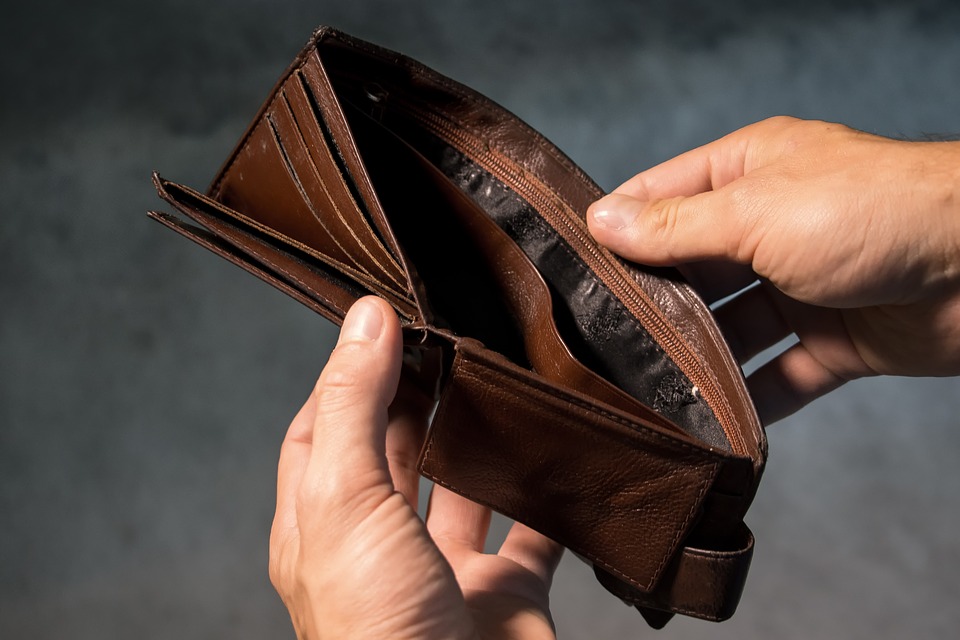36 percent of Hungarians could only make a living for a month from their existing savings if their regular monthly income ceased, according to a K&H survey.
The results highlighted that Hungarians
could survive an average of 7 months from their existing resources, which is the same as a year earlier and represents a 1-month increase over the 2018 result.
According to the survey, 8 percent of the population has the necessary financial background for 1-2 years, and 5 percent said they would be able to live without income for more than 2 years.
Examined by gender, 41 percent of women and 30 percent of men would last up to 1 month without income, the financial institution called attention to inequalities.
In the eastern part of the country, 43 per cent of households belong to the most vulnerable category, in the western and central part of the country their share is only 31-32 per cent, while in the capital only 25 per cent.
According to the research, among those who lost their jobs due to the epidemic, 79 percent could make a living from their reserves for up to 3 months.
Zsuzsa Zobor, the head of K&H’s fund manager, said that the proportion of those who have sufficient reserves for a very short time is significant. That is why it’s important for those involved to start saving as soon as possible, so that they can expect a sudden change with a more stable background.
The survey was conducted by the financial institution on behalf of the Free Association. The survey involves 500 people per quarter, the sample is nationally representative of the online population aged 30-59. The data collection took place between 22 May and 2 June 2020.
(MTI)


















